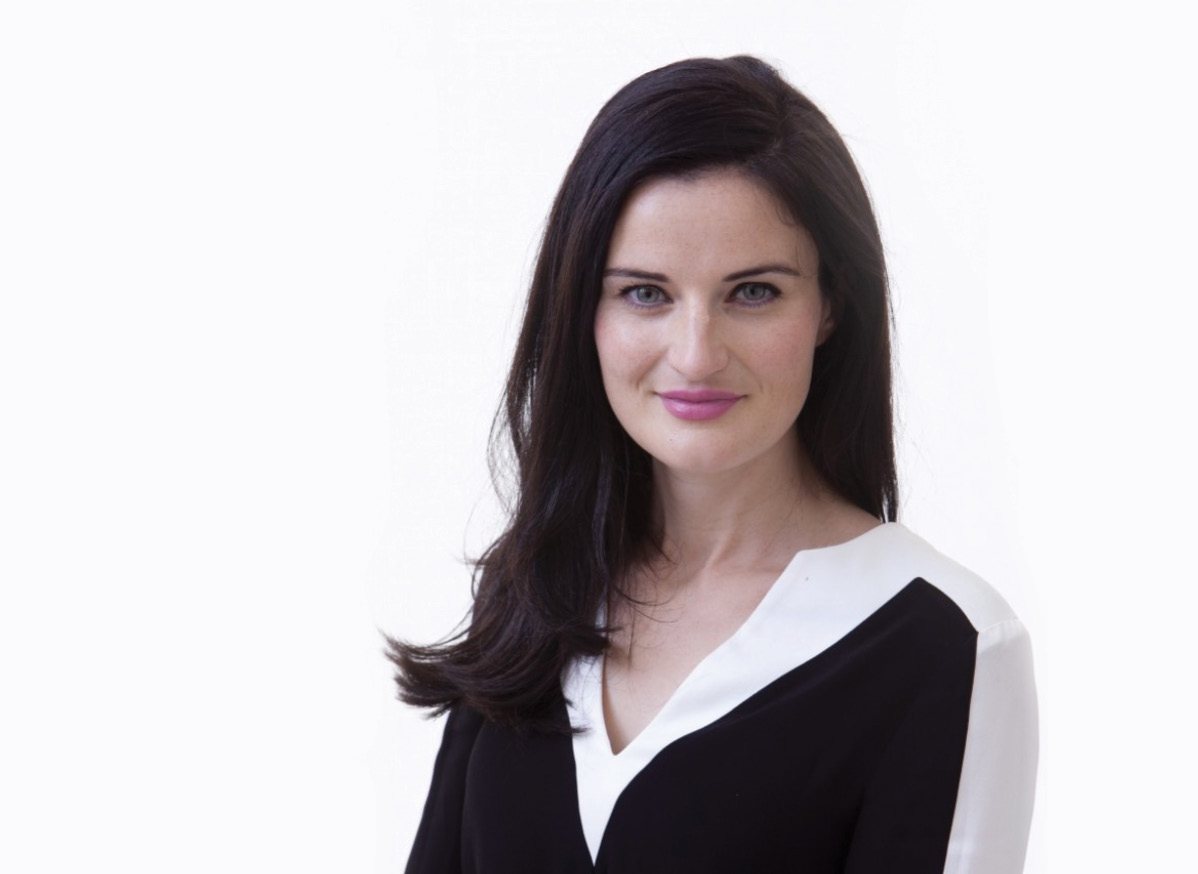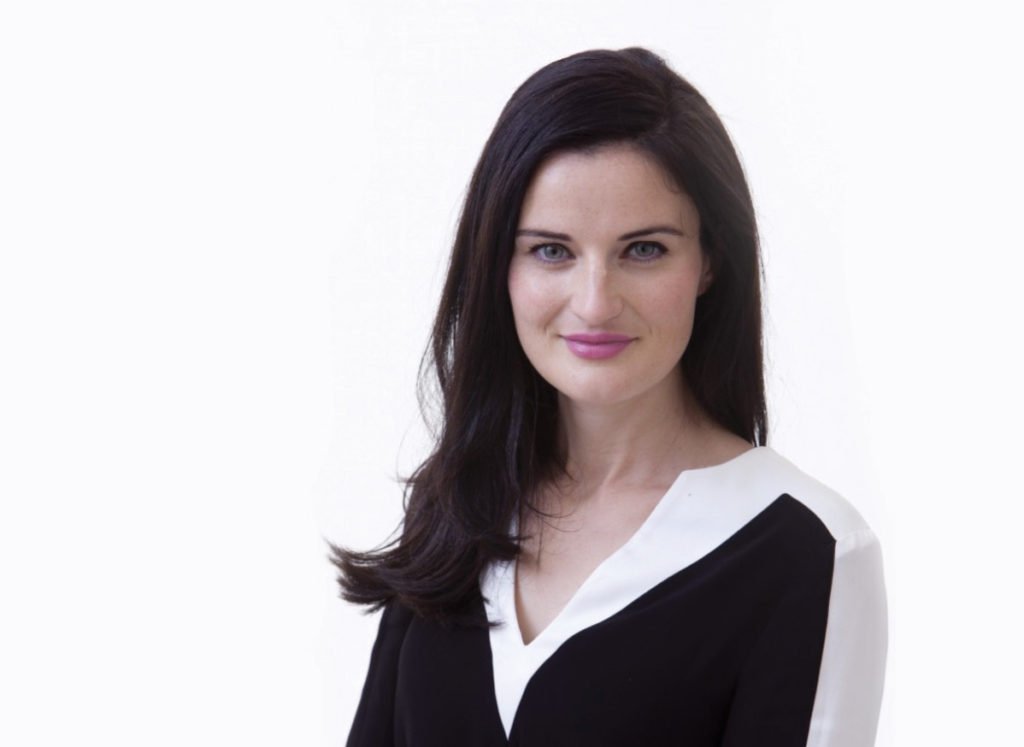Meet the Media


Galway-born journalist Mary Regan began her professional career with RTÉ before joining the Irish Examiner. Mary is currently UTV Ireland’s political editor.
How did you get into journalism?
I’ve heard that you don’t choose journalism, rather journalism choses you. That was true in my case. I can’t recall wanting to do anything else when I was younger, other than to write books or something related to politics. And I suppose I now have the perfect combination. My first piece of journalism was about a play in An Taibhdhearc in Galway for the Connacht Tribune when I was 15. I studied journalism in DCU, which was essential to my career – not just for learning the skill of journalism but the principles underlining the profession. After that, I studied for an MA in European Politics in UCD. Vincent Brown gave me a column ‘TD Watch’ in Village Magazine when I was still in college, which was a brilliant early opportunity for me to meet politicians and learn how to cover politics. The Examiner gave me a job soon after that and it didn’t take long for me to start covering politics. I’m not sure there was a big break as such, more of an evolving process that took a lot of hard work, with some significant steps along the way.
How has the profession evolved during your career?
The way journalists perceive their own role has changed a lot since I started. Speed has replaced all else as the new currency. There is a risk that, by putting so much value on getting an announcement out first, some journalists overlook the need to stand back and analyse the agendas at play and identify potential biases to the reader. This makes the job of spinners a lot easier.
Another big change, which is probably related, is the way the public perceive journalists. There has been a big loss of trust in us. There was a time that well respected journalists could publicly call-out lies, or had the authority to criticise the actions or comments of candidates like Donald Trump, and people would listen to them. Being able to do so hinged on public trust that the journalist was objective. That is being lost.
Having worked across a range of formats, which do you prefer and why?
I still have a romantic association with newspapers. I am old enough to remember printing presses attached to newsrooms. As Political Editor in the Examiner, I loved the process of deciding that an issue or story matters, pursuing it, drawing people in with a catchy splash, and carrying well-informed analysis inside, that had influence. Television packs a greater punch. The look on a politician’s face when asked a question can be as revealing as a 1,000-word newspaper piece. When it comes to politics, newspapers set the agenda, but television makes a bigger impact. I consider myself lucky to be able to work in all disciplines. The changing nature of journalism means you need to be an expert on one topic – in my case politics – and be able to deliver it across a range of platforms.
“The look on a politician’s face when asked a question can be as revealing as a 1,000-word newspaper piece.”
Who do you admire most within the industry and why?
My fellow political correspondents in Leinster House work seriously hard and I’d hate to imagine what politicians would try to get away with if we weren’t here trying to hold them to account. I think as an industry we should defend ourselves a little bit more, but we should also not shy away from the same sort of self-analysis or internal criticism that other professions engage in, if we want to maintain public trust.
With an illustrious career so far, what has been your most significant story or project to date?
When I was very young I did an investigation that revealed a new phenomenon at the time, legal-highs being sold around Dublin because of minor alterations to the ingredients of illegal drugs. That ultimately resulted in a change of the law. My proudest moment was revealing the scale of medical card cuts which were taking place despite the Government’s insistence that there was no change, I think without that issue being pursued by The Irish Examiner, the previous Government would have got away with a change of policy that had very far reaching and profound impacts on the lives of people who were either ill or in vulnerable positions. Similarly, with the coverage of numerous Garda controversies, which I covered with Mick Clifford. I broke the original story about the Garda Commissioner demanding the return of the penalty points file from the PAC before it began its investigation. I was also very proud of my coverage of the Government formation talks for UTV – I was the first to have the story that an independent commission on water charges was being proposed as part of the deal and, some days later, that Irish Water was to be put on hold in exchange for Fianna Fáil’s support of the Fine Gael minority Government. It was great to be able to accurately and objectively bring what was happening behind closed doors to the public that it effected. That’s doing my job.
How do you spend your time outside of work?
It sounds odd, but I love to write and, even though I often do it for work, I sometimes do it for relaxation. I also read a lot – newspapers, magazines, fiction and non-fiction. I love my bike and have cycled many parts of the country – around the Corrib, the Burren and the Ring of Kerry, multiple times with my dad. We have also cycled beautiful parts of Italy and France, including some steep climbs in the Alps. Unfortunately, I don’t do enough of it these days. I love to walk – you can’t beat the Prom in Galway or Sandymount Strand. And a session of Pilates in the morning sets me up nicely for the day.





